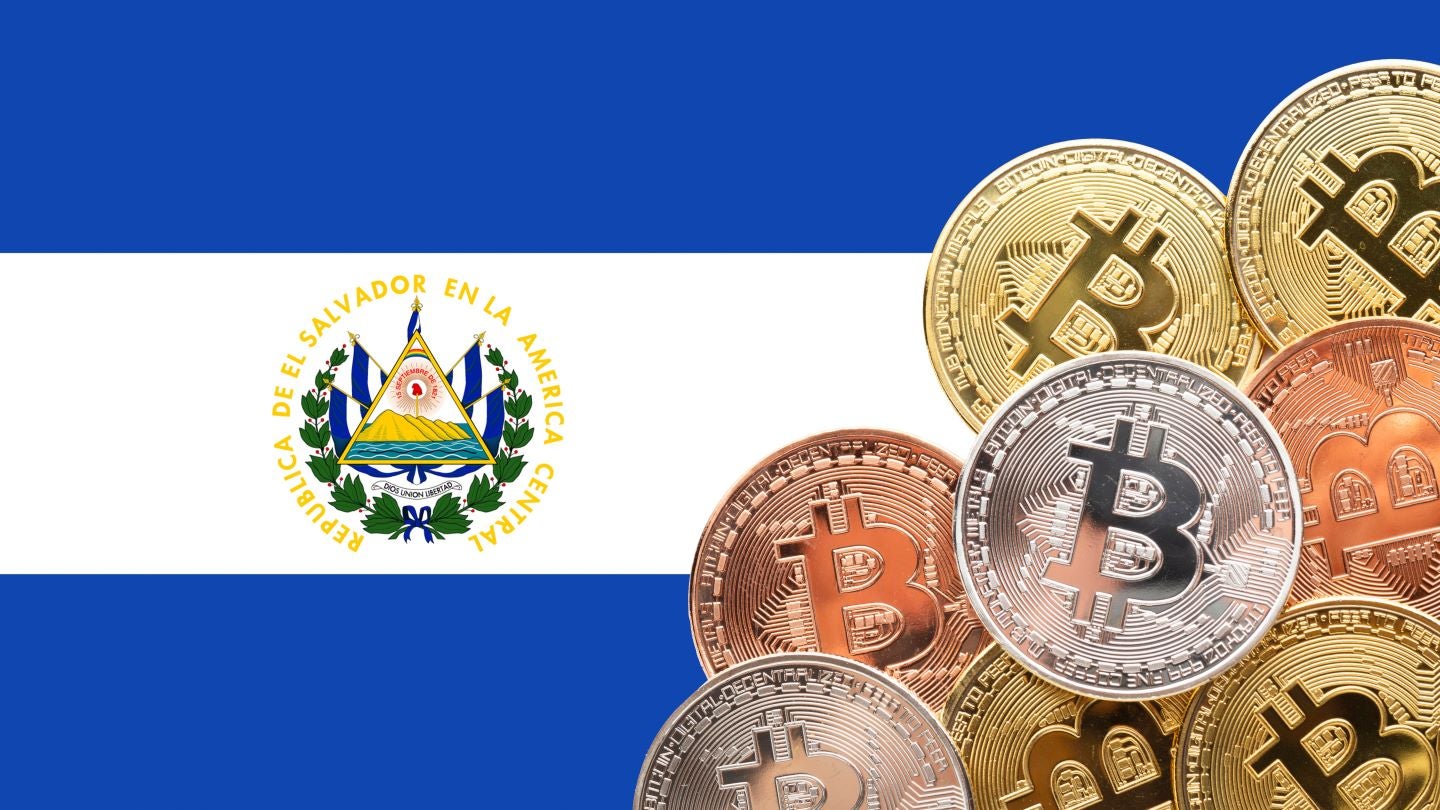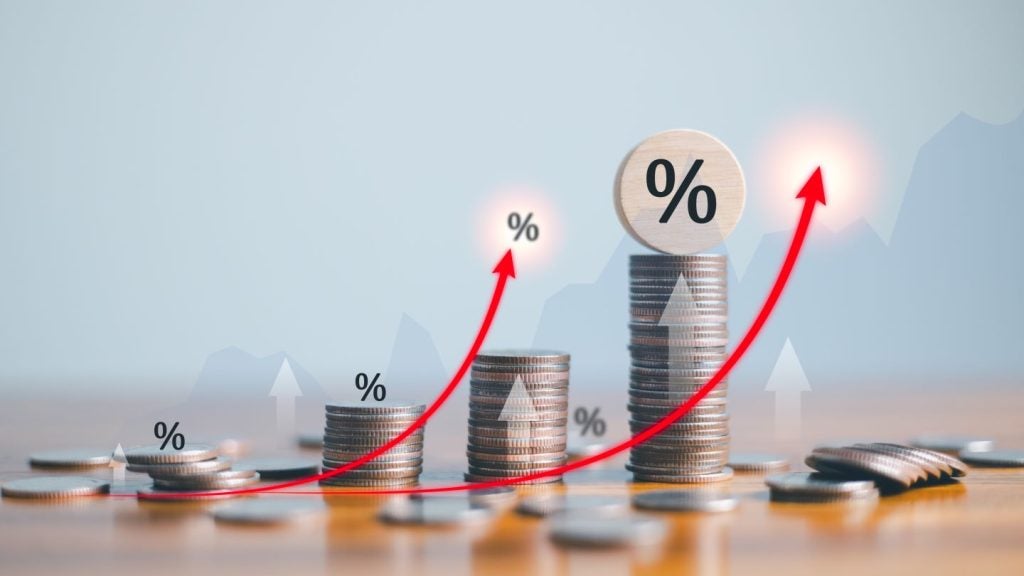
El Salvador’s Congress has passed a bill introduced by President Nayib Bukele to reform the country’s Bitcoin law, in line with an agreement with the International Monetary Fund (IMF), reported Reuters.
The bill was approved with 55 votes in favour and two votes against.
The Congress is predominantly composed of lawmakers from President Bukele’s New Ideas Party.
This move comes after an IMF loan deal that called on El Salvador to make Bitcoin acceptance voluntary for the private sector, a crucial aspect highlighted in the newly approved law.
In 2022, the IMF advised the government to reconsider its approach to Bitcoin, urging authorities to narrow the scope of its Bitcoin law by removing Bitcoin’s status as legal tender.
This recommendation followed bilateral discussions with El Salvador.
How well do you really know your competitors?
Access the most comprehensive Company Profiles on the market, powered by GlobalData. Save hours of research. Gain competitive edge.

Thank you!
Your download email will arrive shortly
Not ready to buy yet? Download a free sample
We are confident about the unique quality of our Company Profiles. However, we want you to make the most beneficial decision for your business, so we offer a free sample that you can download by submitting the below form
By GlobalDataIn December 2024, the government secured a $1.4bn loan agreement with the IMF, prompting a cautious approach to Bitcoin following the lender’s recommendation to reduce exposure to the cryptocurrency.
Under the agreement, IMF stated: “The potential risks of the Bitcoin project will be diminished significantly in line with Fund policies. Legal reforms will make acceptance of Bitcoin by the private sector voluntary. For the public sector, engagement in Bitcoin-related economic activities and transactions in and purchases of Bitcoin will be confined.”
In 2021, El Salvador became the first country to recognise cryptocurrency as legal tender alongside the US dollar.
The law mandated that businesses must accept Bitcoin as payment for goods and services when offered. Additionally, tax payments were allowed to be made using the cryptocurrency.
The country also introduced a national digital wallet called Chivo.
Last year, IMF said that “the government’s participation in the crypto e-wallet (Chivo) will be gradually unwound”.






